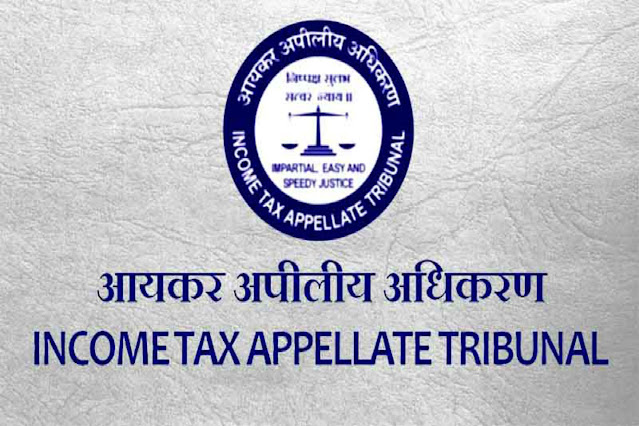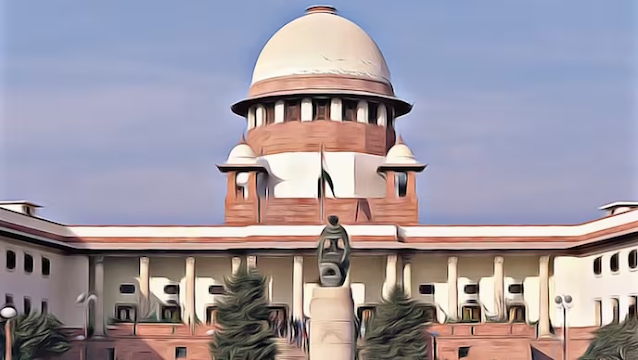Dhirendra Mishra, J.@mdashThis is husband''s appeal u/s 19 of the Family Courts Act, 1984 against the judgment and decree dated 15-2-2007 passed by the Family Court, Bilaspur, in Civil Suit No. 2/A/2007, whereby the Petitioner''s application u/s 10 read with Section 13 of the Hindu Marriage Act, 1955 (for short, "the Act, 1955") for dissolution of their marriage dated 9-2-2000 by decree of divorce has been rejected.
2. Appellant/husband filed the application for divorce alleging various acts of cruelty committed by the Respondent/wife as also on the ground that the Respondent/wife has deserted him without any valid reason on 5th October, 2001 and since then she is residing separately with her brother and an offence u/s 498(A) of the IPC has been registered against the Appellant/husband on the complaint of the Respondent/wife. The Appellant/husband has been acquitted in criminal case No. 1876/2002 vide judgment dated 1-7-2004 passed by Chief Judicial Magistrate, Bilaspur.
3. The Respondent/wife denied the allegations in the divorce petition and made counter allegations against her husband/Appellant.
4. On the basis of averments made by respective parties, issues were framed and after appreciating the oral and documentary evidence available on record, the Family Court dismissed the application for divorce with a finding that the applicant has failed to prove the factum of cruelty, and therefore, he is not entitled for either decree of judicial separation or decree of divorce and is also not entitled for custody of the daughter.
5. During pendency of this appeal, the Appellant/husband and the Respondent/wife have jointly filed an application u/s 13B of the Act, 1955 for grant of decree of divorce by mutual consent wherein it has been pleaded that during pendency of this appeal the efforts of reconciliation made by the Courts and the parties failed and they could not reconcile. They are residing separately since 5-10-2001 and there is no chance of reconciliation or their living together and they have never resumed cohabitation after 5-10-2001. In view of this, they have mutually agreed that their marriage may be dissolved by decree of divorce by mutual consent. They have also averred that they hereby withdraw all the allegations against each other. The Appellant/husband has already returned almost all the articles belonging to the Respondent/wife and she has also been paid a huge sum of Rs. 6 lacs to her satisfaction towards permanent alimony as contemplated u/s 25 of the Act, 1955.
6. In compliance of the order dated 30-4-2010 passed by this Court, Additional Registrar (Judicial) has recorded the statements on oath of the Appellant/husband - Manoj Kedia and Respondent/wife - Smt. Anupama Kedia alias Annu on 30-4-2010 and in their deposition also they have reiterated the version of their application for divorce by mutual consent u/s 13B of the Act, 1955.
7. Learned Counsel for the parties submit that the application u/s 13B of the Act, 1955 can be filed in the appeal proceedings directed against the decision of the Family Court rejecting the application for divorce, in appropriate cases where the Court is of the opinion that the decree of divorce should be passed immediately in the interest of justice and in the interest of parties to the application. The condition u/s 13B(2) of the Act, 1955 would not be an impediment as Section 13B(2) of the Act is directory and not mandatory. Reliance is placed on
8. From the contents of the application u/s 13B of the Act, 1955 and the statements on oath of the Appellant/husband and Respondent/wife, we are satisfied that the Appellant and the Respondent has jointly moved this application for grant of divorce on their own and free will as they could not lead peaceful marital life since 5th October, 2001 and they were engaged in unfortunate litigations with each other in this period. We are also satisfied that there is no cohabitation between the spouses since 5th October, 2001 and every attempt of reconciliation by the Court has failed and there is no possibility of re-union. The only question which arises for adjudication is whether the decree of divorce u/s 13B of the Act, 1955 can be granted instantaneously without waiting for statutory period of limitation as prescribed u/s 13B(2) of the Act, 1955.
9. Section 13B of the Hindu Marriage Act, 1955 is reproduced as under:
13B. Divorce by mutual consent.- (1) Subject to the provisions of this Act a petition for dissolution of marriage by a decree of divorce may be presented to the district Court by both the parties to a marriage together, whether such marriage was solemnized before or after the commencement of the Marriage Laws (Amendment) Act, 1976, on the ground that they have been living separately for a period of one year or more, that they have not been able to live together and that they have mutually agreed that the marriage should be dissolved.
(2) On the motion of both the parties made not earlier than six months after the date of the presentation of the petition referred to in Sub-section (1) and not later than eighteen months after the said date, if the petition is not withdrawn in the meantime, the Court shall, on being satisfied, after hearing the parties and after making such inquiry as it thinks fit, that a marriage has been solemnized and the averments in the petition are true, pass a decree of divorce declaring the marriage to be dissolved with effect from the date of the decree.
10. In the matter of
Section 13B(2) should be read as directory only. Section 13B(2), no doubt cautions the Courts of its duty to fight the last ditch battle to save the marriage, but when the Court is fully satisfied, on the basis of the proved facts, that in the interests of justice of the society and the individuals marriage tie should be put as under immediately. Section 13B(2) does not impose any fetter on the powers of the Court to grant instant decree of divorce. At any rate the time-table fixed by Section 13B(2) does not apply to an appellate Court.
11. In the matter of
12. Similar view has again been taken by Madhya Pradesh High Court in the matter of
12. In view of the foregoing discussion, in the considered opinion of this Court, the law laid down in Manju Kohli''s case does not represent the correct law specially in view of the fact that in a subsequent decision, the Supreme Court itself has doubted the correctness of the view taken in the earlier decision reported in
13. We have already observed in the foregoing paragraphs that the marriage between the parties had broken down irretrievably and there is no reasonable chance for re-union of the parties. They have been living apart for the last nine years. Any prolongation of the legal status of the marriage is not likely to bring out reconciliation. It can only help to accentuate their unhappiness by further formenting their mutual jealousies. They are litigating against each other on the basis of allegations and counter-allegations for over nine years. In these circumstances, we are clearly of the opinion that the present application made by the parties for dissolution of marriage u/s 13B of the Act, 1955 is not the result of any collusion between the parties nor was it the result of any passing phase of mental agony or temporary feeling of unhappiness. We have no doubt that decree of divorce u/s 13B of the Act, 1955 can be passed without further waiting for statutory period of six months as per Section 13B(2) of the Act. 1955.
14. Accordingly, the application u/s 13B(2) of the Act, 1955 is allowed and the marriage between the Appellant/husband and the Respondent/wife solemnized on 9-2-2000 is hereby dissolved through a decree of divorce by mutual consent.
15. The instant appeal is accordingly disposed of.
16. Decree be drawn up accordingly.
17. No order as to costs.

